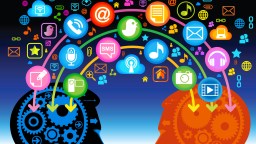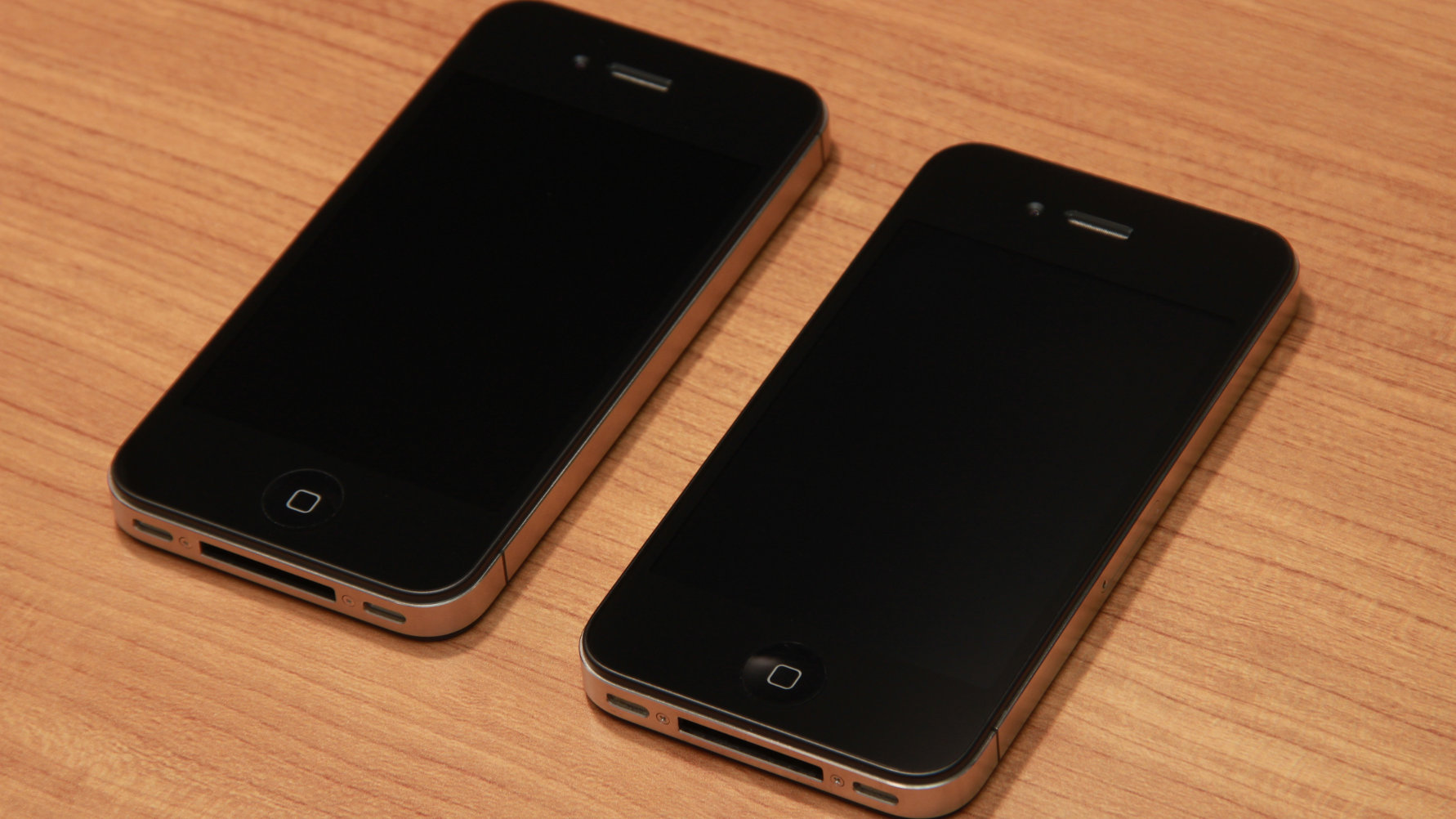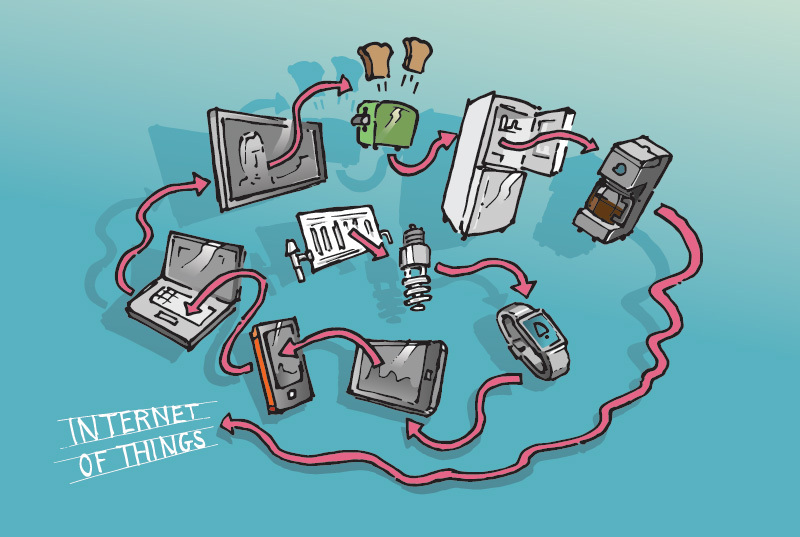All long-term relationships take commitment and work. New York Mag’s Ann Friedman points out that the relationship you have with yourself is by far the longest you’ll ever have. So work on it.
Search Results
You searched for: Internet
Today’s the 78th anniversary of the bombing of Guernica. The only reason you probably don’t know that already is because this isn’t the event’s 75th or 100th anniversary, because we as a society value some numbers over others.
In this digital economy companies want you to own nothing—only own a “license” for a product–which means they could take it back at any time they choose and they have.
Chris Cuomo, a CNN anchor and the brother of New York’s governor, Andrew Cuomo, performed a valuable public service on Wednesday when he sent what I would hope is the […]
Governments and world citizens must commit themselves to common goals in order to reduce the risk of a global nuclear catastrophe.
The biographer and author of “The Innovators” explains how innovation engenders community while predicting new ways technology will connect people.
▸
5 min
—
with
The author of a new book about the habits of successful creative people explains why rebuffing, rebutting, and straight up just saying “no” will fuel your endeavors.
WIRED’s Mat Honan argues that recent advances in the way tablets foster communication should serve as a death knell for traditional phone plans.
#3) Avoid toxic people. They’ll just hold you back.
You know what’s toxic? Dividing all of humanity into two categories.
Over-saturation of a brand doesn’t mean consumers will be able to recall it exactly. Researchers found only one out of 85 students was able to replicate the Apple logo in a drawing, perfectly.
Happy Pi Day! We’ve compiled some fun facts from across the internet in commemoration of 3.14.15. And just in case you’re curious, the world’s most famous irrational number boasts a “1” as its millionth digit.
While some school districts have experimented with holding classes via the internet during bad weather, the format isn’t wholly feasible for all subjects.
Ideas about religion can be so powerful that people can’t endorse them without giving up a part of their identity. It’s the same thing with diets.
We could lose the ability to interpret digital data as software progresses and leaves old ways of coding data behind.
For the first time at CES, there’s a section devoted to “personal privacy.” Like the fitness wearables of last year, privacy products are gaining ground in this new age of cloud sharing and connectedness.
Futurists who believe endlessly in the miracle of technology are seizing on the approaching Internet of Things as the next harbinger of leisure, independence, and fun in the sun.
Ten years ago, a researcher claimed most published research findings are false; now a decade later, his claim is stronger than ever before. How can this be?
A peek into the archives at the New York Public Library reveals the many (often zany) search queries lobbed at librarians in the pre-internet age.
Google has launched “Google Bus Bangladesh,” an educational program aimed at teaching 500,000 young Bangladeshis about the internet. Bangladesh is the world’s 8th most populous nation yet many of its 157 million people remain offline.
Stephanie Herseth Sandlin was able to ride a wave confidence to run for Congress through the support of her friends and family. Perhaps to stop underestimating ourselves, we need to find our own confidence boosters — in our lives or online.
To unwind they check out social media.
Although the creation of the Internet is thought to mark a new era in human history, its effect on society, especially in economic terms, has proven unremarkable.
Exercise isn’t just for the outdoors anymore. An array of websites and YouTube channels dedicated to diet and fitness is at your fingertips. And many of them are completely free to use.
Be careful what you say around your smart TV. If it’s equipped with a microphone, it could be recording and saving your private conversations.
The nation’s largest gathering of transportation thinkers, the National Academies’ Transportation Research Board, was just held in Washington, DC. A nascent topic, that was discussed more in the hallways, than […]
Does dropping a few brain-related words into an argument cause people to lose the capacity for critical thought?
Well, that was an eye-opener.
Mama, Don’t Let Your Babies Grow Up To Deny Evolution If adults want to deny evolution, sure. That’s fine. Whatever. But those adults better not make their kids follow in […]
Yoga may be a good activity to take up if weight-loss is your New Year’s resolution. Recent studies indicate it’s just as good as brisk walking or cycling.
In a world where the future of seemingly everything is online, museums — those repositories of the past — seem to resist the internet’s full digital embrace. It’s a question that’s increasingly crossed my mind thanks to a series of unrelated stories that share two common questions — how do people use museums now and how will they in the future? For every digital breakthrough enticing us to step on the virtual gas comes a cautionary tale reminding us to pump those virtual brakes. Ultimately, the online revolution is coming to museums, but is the future of museums really online?




























